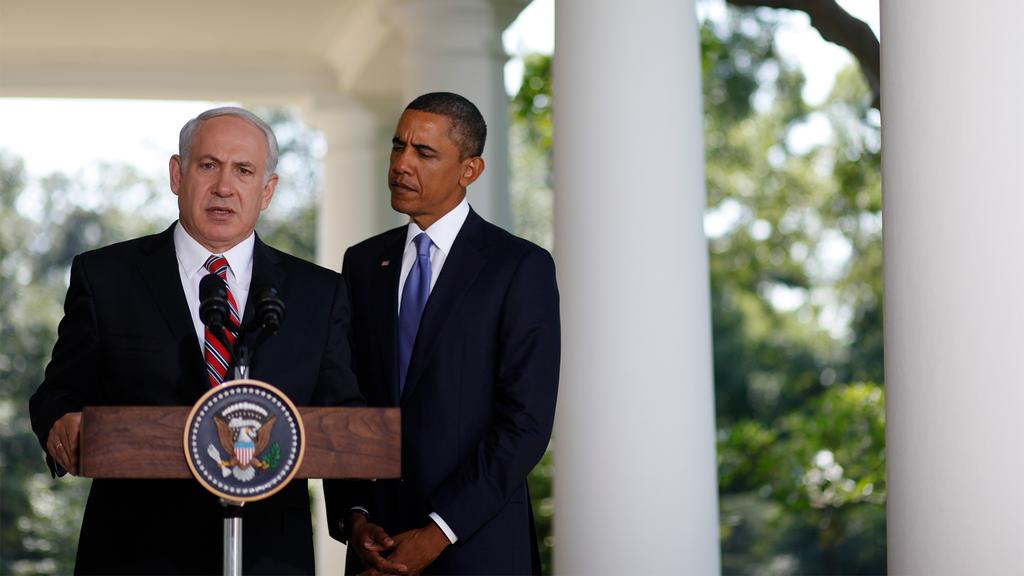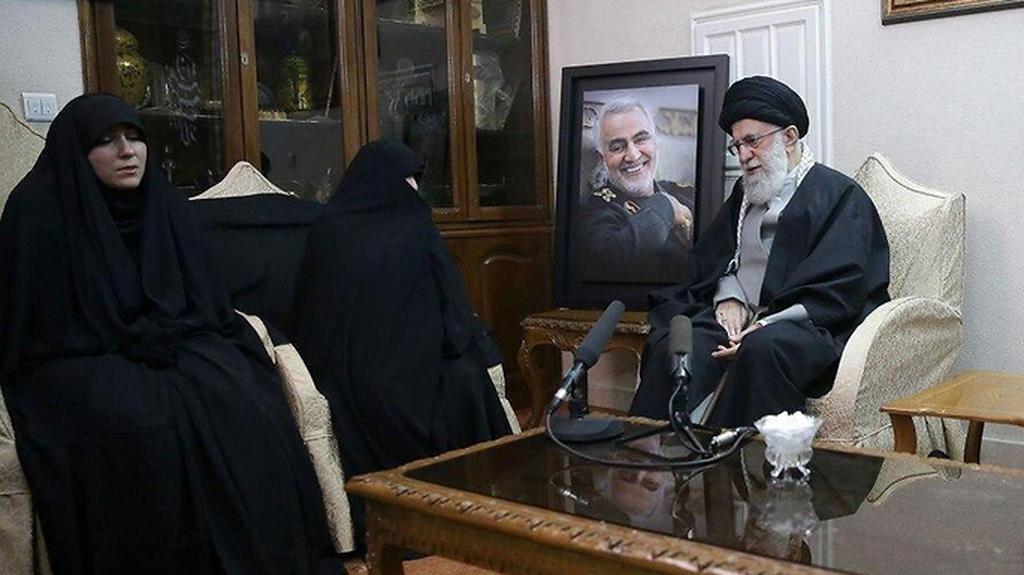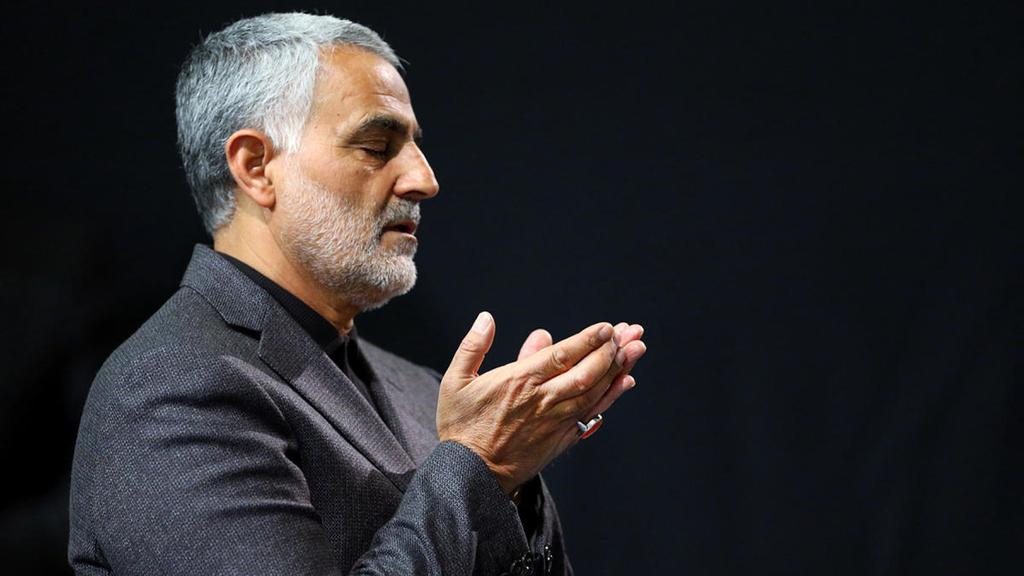Four remarks on the death of Qassem Soleimani:
1. Ignorance is bliss
Qassem Soleimani was the rare kind of leader who leaves the world a different place after they depart it.
In recent years, he came out of the shadows and became a living legend, so much so that he was talked about as someone who would eventually be moved from the battlefield to one of Iran’s top political positions.
His public persona increased and he was hugely admired by his base - the fighters of the “Axis of Resistance” throughout the Middle East - and his selfies with Shiite militia fighters in Syria and Iraq became an internet meme.
It is fair to assume his high public profile made it easy for Western intelligence agencies to follow his tracks; they could easily get to him had they really wanted to do so.
But since the negotiations began on the 2015 nuclear deal negotiations, Soleimani and others enjoyed tacit immunity, at least from the Americans.
Trump, who was never part of the national security circles, didn’t even hear his name until recently (and once even mistook him for a Kurd). This turned out to be a blessing.
The president was not limited by the apocalyptic scenarios of Iran's revenge when he ordered to pull the trigger on the operations to take out Soleimani.
2. A rare window of opportunity
Given that Soleimani had the blood of hundreds of Americans on his hands, some of the U.S. reactions to the assassination were almost unbelievable and extremely worrisome: from the gloomy talking heads in the studios, the hysterical anti-war march in the streets of LA to the almost unanimous objections by top Democratic leaders over the way it was carried out, including those who unlike Trump knew Soleimani very well.
This, of course, is a symptom of the era of political polarization in which we live, when everything, including serious matters of national security are measured by their proximity to Trump, just like the opponents of Benjamin Netanyahu in Israel.
But there is more to it. For Israel, the day after Trump departs might end up being even more challenging than the Obama period.
Israel's basic working assumption should be that any Democratic president will reverse the current policy on Iran, resetting it to the nuclear agreement. In other words, the window of opportunity for radically reshaping reality is closing.
4 View gallery


Prime Minister Benjamin Netanyahu with President Barack Obama at the White House
(Photo: AP)
3. The silence of the Arabs (and Jews)
The fact that it took an American president to take out Soleimani is a disgrace.
The man was directly responsible for the deaths of tens of thousands of Arabs and posed an enormous threat to Israel’s national security.
Yet for years Solemani wandered freely around the region, from Iraq to Syria and Iran to Lebanon.
Both Riyadh and Jerusalem have kept their responses to the assassination muted in an attempt to avoid unnecessary Iranian attention, but on the streets of Iraq and Syria people were dancing and handing out sweets and Arab social media was bursting with joy.
4. What we become
Qassem Soleimani, scarred by all the death he had seen in his lifetime, talked a lot about his desire to become a martyr, a shahid, and Iran's Supreme Leader generously bestowed upon him the title of “living martyr.”
4 View gallery


Iranian Supreme Leader Ayatollah Khamenei meeting with Qassem Soleiman's family in his hometown of Kerman
There is an understandable tendency in the West to focus on his strategic, military or political actions, but Soleimani was first and foremost a man driven by profound belief.



